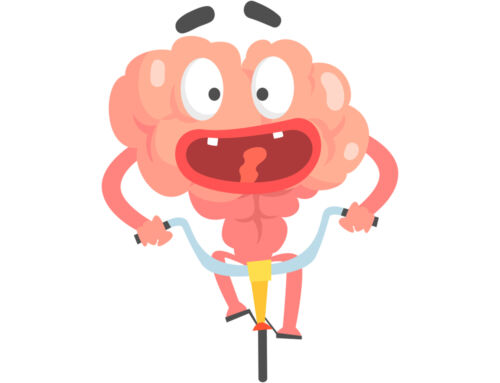Frequent exercise should be a part of everyone’s routine, regardless of their experiences with substance use. Staying active is especially beneficial to individuals recovering from SUD, however, because it keeps muscles healthy and internal processes regular. Whether it’s playing team sports, seeking outdoor activities, lifting at the gym, or walking around your neighborhood, exercise has emotional, mental, and physical benefits!
Exercise causes a natural rush of endorphins
When you exercise, your body releases chemicals called endorphins that produce a sensation of pleasure and relieve feelings of pain. Endorphins bind to neurotransmitters in the brain, as do some pain medications; however, endorphins are non-addictive. Endorphins can cause stress relief and an increase in positive self-image.
Exercise can be a regular activity in your life
Routine is an effective strategy in recovery. Integrate time to exercise into your weekly schedule to create structure in your life. A recurring event like a weekly jog or nightly swim will give you something to look forward to! Plus, filling your days with productive activities will stave off relapse and keep you in a constant state of good health.
Exercise may help you find a community
Joining a sports team is a great way to find a community, but it’s not the only way to find friends through fitness. Group exercise classes at local gyms and studios are another avenue for building a robust social network. If you prefer to be outside, start exercising with your dog in the local park or starting a pick-up game at the nearby fields or courts.
Exercise strengthens muscles that may have been weakened by long-term substance use
Alcohol, drugs, and other substances weaken the body by depriving it of essential nutrients. Individuals with SUD may also have unbalanced diets that stunt growth and slow organ function. For example, stimulant-use may curb hunger, causing an unhealthy pattern of fasting followed by binging. Once in recovery, you will adjust your diet to provide the necessary nutrients for your body. When stores of carbohydrates and protein are filled, exercise can help strengthen bones and muscles weakened by SUD.
If you are ready to embark on the journey to recovery, call Alta Loma Transformational Services today. Our dedicated team of mental health professionals will help you understand and treat mental, emotional, and physical health risks increased by a substance-use disorder. You will work directly with our team to develop a plan that satisfies your unique needs. We know that you know your body better than anyone, and we want to equip you with the tools to regain control of that body. Please call us at (866) 457-3843 for a consultation.



